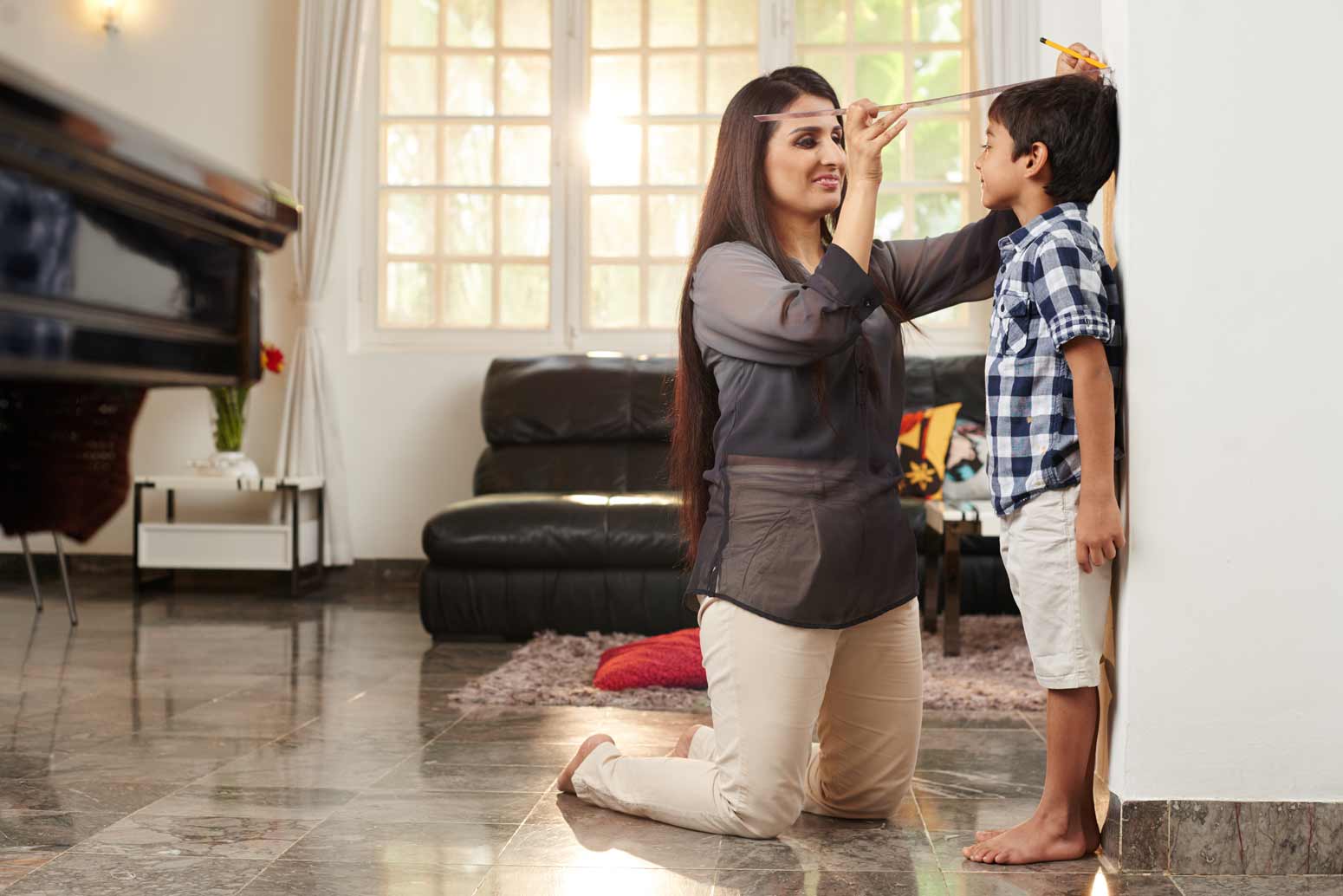Author Lewis Smedes wrote, “To forgive is to set a prisoner free and discover that the prisoner was you.” Yet forgiveness is one of the most difficult of human actions. We think that by not forgiving someone who has hurt us that we are holding some sort of power over him, but this simply isn’t true. As a matter of fact, the exact opposite is true. Choosing not to forgive only leaves us powerless, bitter, and resentful. There is nothing more damaging to a marriage than choosing not to forgive, and nothing more healing than the act of forgiving.
Marriages seem especially vulnerable to insensitivity and anger.
Perhaps it’s because we’re with our husbands every day and begin to feel a sense of security that causes carelessness. It happens to people who become too familiar with operating machinery or even driving a car. The action becomes so rote that our minds wander and we lose our edge then BAM! Accidents happen. Someone gets hurt. Words and actions that we would never level at an acquaintance, friend, or even a stranger rush out unrestrained toward our spouse because it feels safe to do so. We’ve come to rely on how he will react and know that whether in minutes or perhaps a day or two, everything will settle down and get back to normal.
But how many times can we be careless with our words, reactions, and attitudes and continue to expect that ultimately, it’s going to be okay? We all admire the wife who can forgive her husband’s infidelity and prompt healing in a broken marriage, but what about when we find ourselves in a marriage that has simply become bitter and cold? There’s been no infidelity, no abuse, no outward signs of struggle, just a wearing down over time due to hurtful words and attitudes that have put a distance between you and him—a divide that you didn’t expect and didn’t see coming. Then you realize one day that it is real, but you don’t know how to begin building the bridge across the gap.
Choosing not to forgive only leaves us powerless, bitter, and resentful.
The long road to healing begins with choosing to forgive.
Take an account for yourself of the things that you have said and done that were harmful to your relationship. Dig deep into those moments and try to see the situation from various angles. What prompted the actions or words? Could they have been avoided? Was an opportunity missed to show grace or simply to walk away? Perhaps there is something in your husband’s past or present that caused him to react in a negative manner that then led to the fallout between you, and that same scenario has been repeated over and over. Maybe there’s something in your past or present that is causing you to lash out.
Are you and/or your husband stressed out about money, occupation, kids, illness, or some other known stressor? Or is it simply an eroding of the kindness, gentleness, and consideration that you both strived for so diligently when you were dating and first married. It happens to every married couple, without fail. It’s how you handle it that makes or breaks your relationship.
You can create opportunities for change.
Once you’ve looked at your responses toward your spouse from all sides, you have a choice to make. You can face the music, admit that there were times that you could have and should have responded instead of reacting, could have overlooked an ill-timed comment or action, or could have chosen to say nothing at all. You take responsibility for your own actions and choose to forgive yourself for your part in the building of the road to bitterness. Each day you resolve, as much as possible, to be a peacemaker.
And then you make the difficult, and sometimes seemingly unfair, choice to forgive your husband for his role in causing the rift. He may not have even asked for your forgiveness, but that doesn’t matter. You are going to rise above the calamity and frustration. You are not going to let the root of bitterness continue to grow deeply into your marriage. You choose to forgive.
People and relationships are never perfect, but they can always grow and mature.
One of the life lessons that I have tried to teach my children is that we are not responsible for how other people react when we speak the truth in love to them. What that means is that when we approach another person to tell them something that needs to be said, and do it in a loving manner that is unthreatening, truthful, and non-accusatory, then we have done our part to resolve the issue and must leave it to the other individual to do what they will with the information. After you have chosen to forgive yourself and your husband, you should carefully consider how you will speak with him about your decision. It is not the time to rail him for what’s he done…it is the time to simply let him know that you acknowledge your mistakes and failures and that you want to mend what’s broken in your relationship.
There is no such thing as a perfect relationship, despite what we see on TV or social media. Every human being needs forgiveness from time to time. Ideally we would acknowledge our own faults just as easily as we do in other people, especially in those closest to us. If you’re like me, though, you would rather expend energy on pointing out what your husband has done wrong instead of doing the sometimes painful and humbling work of digging into your own shortcomings. Does he mess up? Yes. Do I mess up? Yes. Just as I want forgiveness, I must be willing to forgive. It can be the hardest step to take, but there may never be a more important stride to make in building a stronger relationship. You can work together to set each other free from the prison of distance, sullenness, and frustration. Your relationship is worth it.
Just as I want forgiveness, I must be willing to forgive.
Image by Hernan Sanchez.
—
You’ll also like To All of the Times We Almost Didn’t Make It, Establishing Healthy Boundaries in the Grit and Grace Life, How My Husband and I Survived My Affair, Why You Should Just Have That Hard Conversation (And How to Do It), and 5 Fresh Ways to Work on Your Marriage (When He Isn’t)
#gritandgracelife














